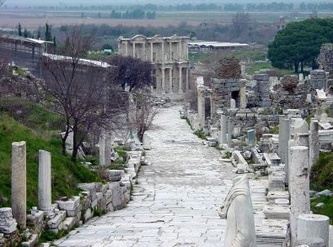We are reposting for discussion here bits of David Brooks’ essay in the NYTimes. First point he makes:
This is not a natural disaster story. This is a poverty story. It’s a story about poorly constructed buildings, bad infrastructure and terrible public services. On Thursday, President Obama told the people of Haiti: “You will not be forsaken; you will not be forgotten.” If he is going to remain faithful to that vow then he is going to have to use this tragedy as an occasion to rethink our approach to global poverty. He’s going to have to acknowledge a few difficult truths.
The first of those truths is that we don’t know how to use aid to reduce poverty. Over the past few decades, the world has spent trillions of dollars to generate growth in the developing world. The countries that have not received much aid, like China, have seen tremendous growth and tremendous poverty reductions. The countries that have received aid, like Haiti, have not.
A brief comment. Perhaps one of the best books ever written on aid in impoverished countries is the story of Paul Farmer, told by Tracy Ritter in Mountains Beyond Mountains: The Quest of Dr. Paul Farmer, a Man Who Would Cure the World (Random House Reader’s Circle)
. Farmer has raised from nothing a wonderful clinic and community because he saw to the heart of the problems in Haiti — and he’s at the opposite end of the spectrum politically than Brooks. But here’s some telling information about Farmer: he frequently refers to is aid work in Haiti as the “long defeat” because it’s not about winning. Recently he’s stated that NGOs can’t get the job done completely; government is necessary.

